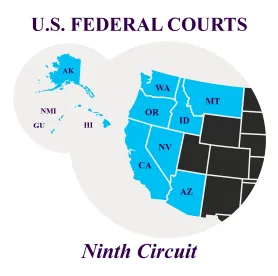“Do as I say, not as I do.” It doesn’t work. That’s true for a recent TCPA decision denying a defendant’s motion for summary judgment. See Williams v. Pillpack LLC, C19-5282 TSZ, 2021 U.S. Dist. LEXIS 4052, *5 (W.D. Wash. Jan. 8, 2021).
There, Pillpack contracted with a third-party, the “Agent,” to make certain telemarketing calls. A recipient of the calls sued, claiming they violated the TCPA. Pillpack argued that it could not be liable for the calls because the Agent made them, not Pillpack. Pillpack emphasized that its contract with the Agent “required the Agent to comply with the TCPA and all applicable laws”; so, Pillpack argued, the Agent could not possibly have “actual authority” to make the unlawful calls on Pillpack’s behalf.
That argument did not fly. The District Court rejected it because the plaintiff produced evidence from a person who introduced Pillpack to the Agent. According to that sworn testimony, the Agent told Pillpack it would place calls “using a prerecorded voice system,” and that a third party “would be placing the calls.” This testimony (possibly hearsay?) was enough to create a fact issue, despite Pillpack’s contract with its Agent. The Court denied Pillpack’s motion for summary judgment.
A contract that requires a third-party to “comply” with the TCPA will not defeat TCPA liability if the company knows the third-party’s conduct is not actually TCPA compliant. As is often the case, what you do–not what you say–counts.




 />i
/>i

